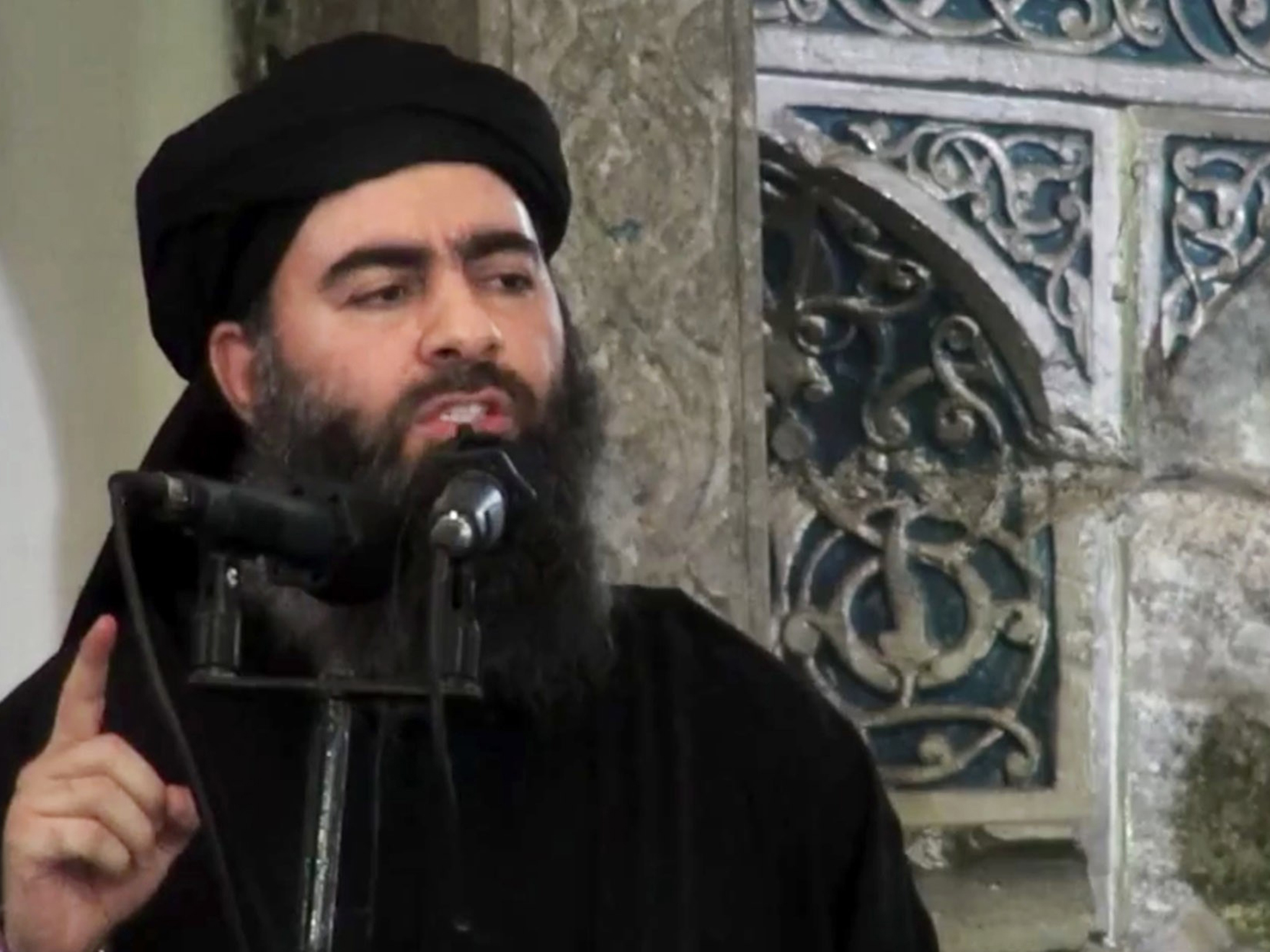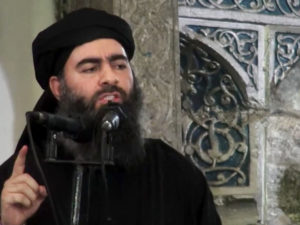The Caliph is dead? Long live… who will be the Caliph?

Rashad Ali, Senior Resident Fellow at ISD, argues that the speculation and conjecture about the demise of Abu Bakr al-Baghdadi, the self styled caliph of ISIS, and who will succeed him has been rife. Whilst the debate continues, some questions do arise around how this succession may take place.
In Shia Islam, the Imam or leader of the Muslims was defined in a very specific manner. For Jafari Shia, the majority of the Shia population globally, leaders were chosen through the bloodline of the daughter of the Prophet and his close companion and 4th caliph, Ali bin Abu Talib. For Sunnis, who constitute the majority of Muslims today, this question of succession is far from clear.

Sunni theologians debated whether it was a religious duty to have any form of leadership at all, and whether this leadership was a religious duty or a mere rational necessity. Theologians concluded on the whole that order was better than anarchy, but argued over whether a leader was needed throughout Muslimdom entirely or whether there could be many or even one in each country or community. The polymath, historian, famous proto-sociologist and judge of orthodox Maliki rite of Andalusia, Ibn Khaldun, explained in his Introduction to History that there were not only an array of views about this but also about how such succession would take place.
The word “caliph” carries no specific religious connotation and has been used interchangeably with Imam (leader), Sultan (authority), Amir (commander though also used for Prince), Wali (Guardian) in religious texts as well as legal writings. Ibn Khaldun, for example, discusses whether the caliph should be elected by the masses or the elites in society, whether he should be designated like a crown prince, or whether there should be pragmatic acceptance of whoever came to power – even if by force.
Historically, succession took place through a mixture of real politic, designation and inherited rule in various empires, and was often retrospectively given a seal of approval by the religious and political establishment. This was what the “baya’a” or oath of allegiance was in reality. Today it is what is expressed by wannabe “soldiers” of ISIS prior to undertaking a terrorist attack.
If Baghdadi is indeed dead, there has been some debate in analyst circles about whether his replacement also needs to be from Qureshi lineage, the tribe from which the Prophet hailed. Some argue that this has always been a necessary qualification of all caliphs but this is not true. The Ottomans formally and conveniently dropped the condition of the caliph being of Qureshi lineage, which Ibn Khaldun argued was more pragmatic and political than religious.
Though this was part of the strategy used by Baghdadi and ISIS for claiming legitimacy, various modern Islamist groups have also sought to discard this criterion. Groups like Hizb ut Tahrir, for instance, who before the rise of ISIS was the main organisation associated with establishing a caliphate, rejected the idea of Qureshi lineage.
Baghdadi was chosen by ISIS for various reasons: his ideological commitment, his apparent scholarly credentials (a PhD in various ways of reciting the Qur’an), his connections within senior Baathist figures in his family. His Qureshi lineage was also part of this and helped to create a figure who could lead the new caliphate and seek legitimacy from Sunni Jihadist circles.
If it is indeed true that Baghdadi has been killed, here are some possibilities as to what may happen next:
An individual with similar Qureshi lineage may be appointed by the Islamic State to maintain legitimacy as a caliphate. This option, perhaps counter-intuitively, seems unnecessary and unlikely.
What is more likely is that ISIS may appoint an amir or a commander for the guerrilla movement, especially as the organisation moves into its more natural state and seeks to regain territory. This would allow the organization to dispense of the need for religious credentials and legitimate Qureshi lineage. Battle experience and knowledge of on-the-ground realities become much more significant to command the respect of the cadres.
Baghdadi’s leadership was initially and still is disputed by rival jihadist factions, because they were not consulted in his appointment as the so-called caliph. Appointing an amir going forward removes that necessity and also allows them to grow and build without the burden of propaganda related to the maintenance of a caliphate.
Whatever form or process such “succession” takes, the reality is that the fight against ISIS is not over. However, understanding the dynamics and the landscape in which such fighting will take place, as well as the style and mentality and background of any new leadership is significant and shouldn’t be easily dismissed.
Not all Jihadists are the same – Azzam (who initiated Jihad against the occupying Russians), Bin Laden (founder of AQ), Zawahiri (leading ideologue), Zarqawi (the rabid leader of the Iraqi faction Zawahiri tried to restrain) and al-Baghdadi all sit across a very extreme spectrum but a spectrum nonetheless. The attitude and aptitude of any ISIS leader, then, is significant and should not be underemphasised.
